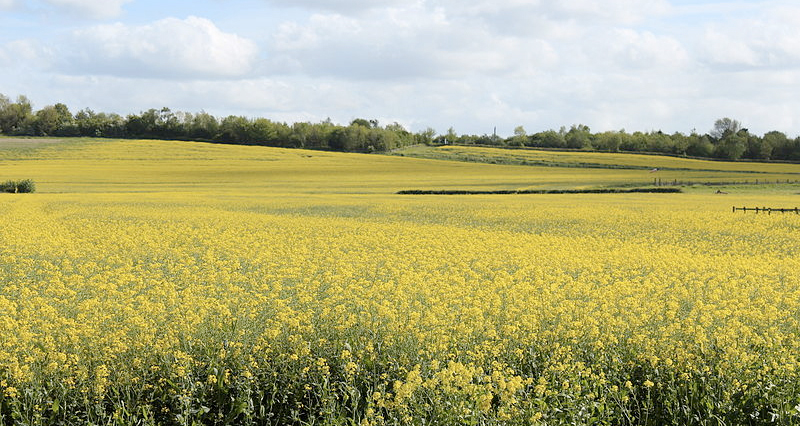
After another year of relatively low rapeseed prices, AHDB Cereals & Oilseeds Grain Market Outlook Conference this October will explore in detail what’s in store for the oilseeds markets.
Dr Julian McGill, Head of Special Projects at LMC International, will analyse the outlook for the oilseeds market for farmers, agronomists, traders and industry specialists at this year’s conference, which takes place on 14 October.
Amandeep Purewal, AHDB Cereals & Oilseeds Senior Analyst, said: “Both EU and UK rapeseed prices have felt the pressure from abundant global soyabean supplies. Although part of the global oilseed complex, rapeseed faces tighter supply and demand this season, which is compounded by lower supplies of the world’s other high oil-yielding oilseed – sunflower. As a result, rapeseed and sunflower demand is at risk, as global consumption is likely to shift toward cheaper soy and palm oil supplies.”
In the UK, the response of some farmers to low prices and challenging crop management conditions has been to remove or reduce the oilseed rape in their rotation. According to AHDB’s Planting and Variety Survey, the GB area planted to oilseed rape for harvest 2015 was down 7% compared with 2014.
Earlier this year, Suffolk farmer and Monitor Farm host Brian Barker took the decision not to grow oilseed rape for harvest 2016.
“Of course oilseed rape is a valuable crop,” he said, “but for me now it’s more like oilseed risk. I’m not going to grow it this autumn. We generally have good yields of about 4.5t/ha or more, but there are too many challenges and it takes too much management to make it worth our while.”
AHDB Cereals & Oilseeds Grain Market Outlook Conference will provide detailed, expert analysis to help those in the agricultural industry to explore the potential impact of both global and domestic developments on agricultural commodities.
Dr McGill said: “Weak crude oil prices appear to be here to stay. The fact that one in seven tonnes of all vegetable oils globally are now consumed as biofuels means that this weakness in the petroleum sector has a critical impact on prices in the oilseeds complex. By October we should be reaching the cyclical high in palm oil stocks, giving us a good opportunity to explore how the markets are adjusting to the new low crude oil price environment at the conference.”
Before joining LMC, Dr McGill taught economics at Oxford University and served as researcher on trade potential and competitiveness at the United Nations in Geneva. He holds an MA (Honours) in Economics from the University of Edinburgh and completed his PhD at the University of Oxford.
